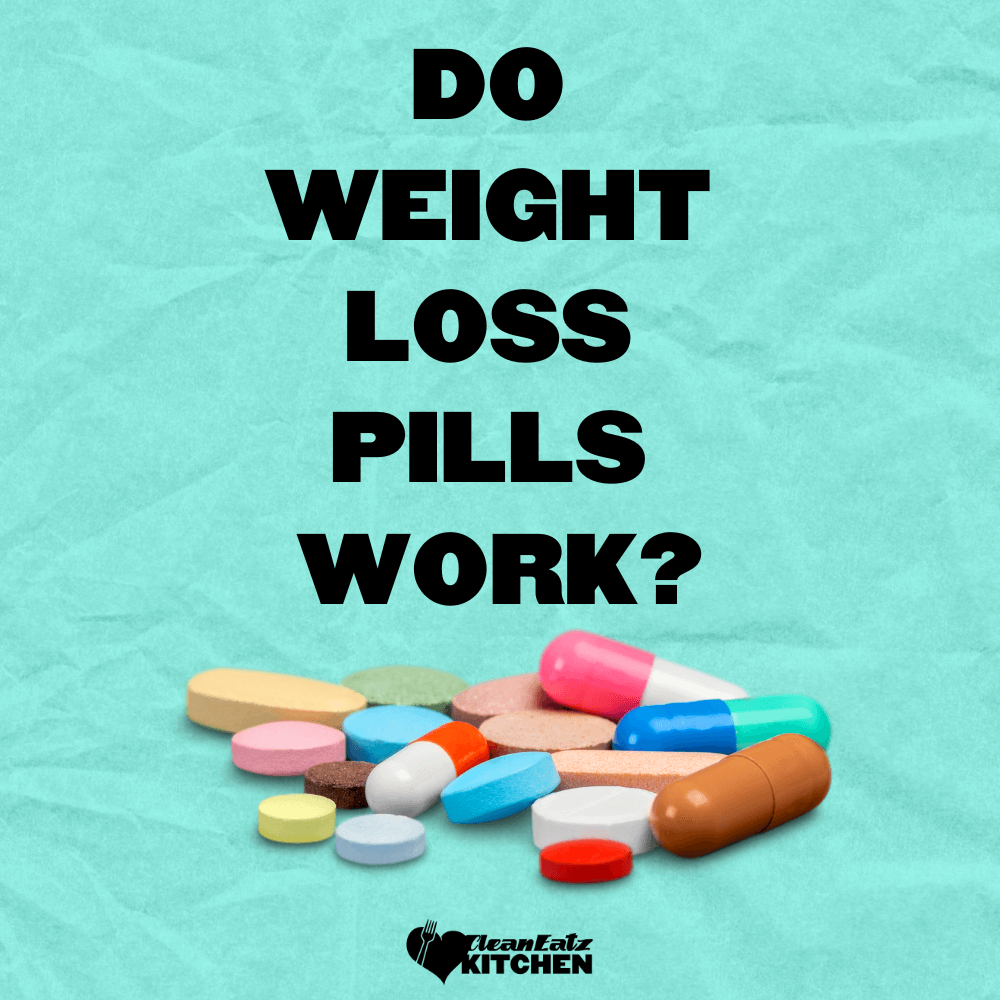
Fasted Cardio Benefits Explored: Training on an Empty Stomach for Optimal Results
Jason Nista
Exercises & Fitness
|
Weight Loss
5 minute read
A prevalent recommendation for those aiming to shed pounds is to adopt a balanced weight loss diet and engage in fasted cardio early in the morning, prior to breakfast. Engaging in fasted cardio benefits the participant by potentially aiding fat loss, kickstarting metabolism for the day, enhancing focus, and productivity, and offering numerous health advantages.
In this article, we'll delve into the research behind fasted cardio benefits to determine if there's validity to this practice and its safety implications, or if it's mere hype that might be detrimental to one's health objectives.
POTENTIAL FASTED CARDIO BENEFITS FOR WEIGHT LOSS
Embarking on physical activity in a fasted state early in the day offers several promising outcomes:
- Greater fat oxidation: Some studies suggest that fasted cardio can lead to burning up to 20% more calories. The effectiveness largely hinges on the type of activity chosen. Lower-intensity cardio seems to yield the most positive results, primarily because the body, in a fasted state, relies more on calories from fats as opposed to unavailable carbohydrates.
- Improved endurance: Regular physical activity undeniably fortifies the body. For instance, it boosts VO2 max, an indicator of cardiovascular stamina. Research indicates that fasted cardio can reduce the rate of perceived exertion and power-to-weight ratio by nearly 40%. This implies that one might experience reduced fatigue during a morning session on an empty stomach.
- Satiation: Fasted cardio appears to have a correlation with breakfast skipping prior to morning exercise and the day's caloric intake. Compared to post-breakfast workouts, this can create a negative energy balance conducive to weight and fat reduction. Again, lower-intensity activities seem to be more effective in this regard.
- Enhanced insulin sensitivity: Fasted cardio benefits include improved glucose tolerance and insulin sensitivity. This mode of training is superior to fed training in facilitating muscular adaptations and enhancing whole-body glucose tolerance.
It's crucial to note that these benefits are predominantly associated with moderate to low-intensity cardio rather than intensive training or heavy weightlifting sessions. This distinction may be the secret to maximizing the advantages of fasted cardio benefits.
POTENTIAL DRAWBACKS OF FASTED CARDIO BENEFITS
While fasted cardio bene can offer numerous advantages, there are some findings that might not be as promising. These need to be considered before embracing this regimen.
- Muscle Loss: Research suggests that exercising with glycogen-depleted muscles (a typical scenario in fasted cardio) could lead to a nitrogen loss almost double that in glycogen-filled muscles. This equates to a protein loss of around 10% of the total caloric cost of exercise. This indicates that during your early morning fast cardio session, your body might tap into muscle protein as a fuel source.
- Low Energy: Fasted cardio, especially when intense, can lead to energy depletion. This can manifest as reduced performance and heightened injury risk, especially during activities like heavy weightlifting.
- Evidence Conflict: There's considerable variability in research when it comes to the effects of fasted cardio bene on performance, muscle mass retention, and weight loss. However, a consistent theme appears to be that low to moderate-intensity exercises have potential positive effects. In contrast, high-intensity workouts could have counterproductive outcomes.
EMBRACING FASTED CARDIO: THE RIGHT APPROACH?
Embarking on a fasted cardio routine is a personal choice and hinges on various factors like goals, current health status, and individual preferences. However, some guidelines based on research might help you delve into it more effectively:
- Not everyone reacts to fasted cardio bene in the same manner. It's pivotal to listen to your body and observe its response. Gradually incorporate it and assess its impact. If you discern benefits, continue; if not, be adaptable.
- Studies often favor low to moderate-intensity workouts over high-intensity ones for fasted cardio. Hence, morning sessions might be better suited for light cardio activities, leaving weightlifting for later in the day.
- If you're tentative about starting or fear excessive strain, initiate with a 10-20 minute walk before breakfast. This might be an excellent way to experience both the fasted cardio bene and the advantages of a daily stroll.
- Hydration is key. Even during fasted cardio, water intake is essential. Ensure you're hydrated before, during, and post your fasted cardio session, particularly if the intensity is at the higher end or the weather is warm.
Conclusion
Fasted cardio has become a popular recommendation for those aiming to optimize weight loss, with studies suggesting potential benefits like enhanced fat oxidation, improved endurance, satiation effects, and increased insulin sensitivity. However, it's not devoid of potential drawbacks, including muscle loss, energy depletion, and inconsistent research outcomes. It's essential to tailor one's approach to fasted cardio based on individual goals, preferences, and the type of exercise undertaken, always ensuring adequate hydration. While the benefits are promising, it's crucial to approach this regimen with awareness and flexibility.
FAQ
What are the main benefits of fasted cardio for weight loss?
Fasted cardio can offer several benefits, such as greater fat oxidation, improved endurance, satiation effects that might help control calorie intake, and enhanced insulin sensitivity. These benefits tend to be more pronounced with low to moderate-intensity cardio.
Are there any risks or drawbacks to consider with fasted cardio?
Yes, there are some potential drawbacks to consider. Exercising on an empty stomach may lead to muscle loss, especially when the body taps into muscle protein for energy. Additionally, there might be a decrease in energy levels, which can affect performance and increase the risk of injury. Lastly, there's inconsistent research on its effectiveness, so results may vary among individuals.
How should I start with fasted cardio?
Starting slow is recommended. One can begin with a 10-20 minute walk before breakfast to gauge how their body responds. It's also pivotal to prioritize hydration throughout and opt for low to moderate-intensity exercises initially, saving high-intensity workouts or weightlifting for later in the day. Always listen to your body and adjust your routine based on how you feel.
Related Articles
Do Weight Loss Pills Work?
12 minute read
Top 6 Health Benefits of Lemon Water
7 minute read
Can You Drink Diet Soda on Keto?
7 minute read



